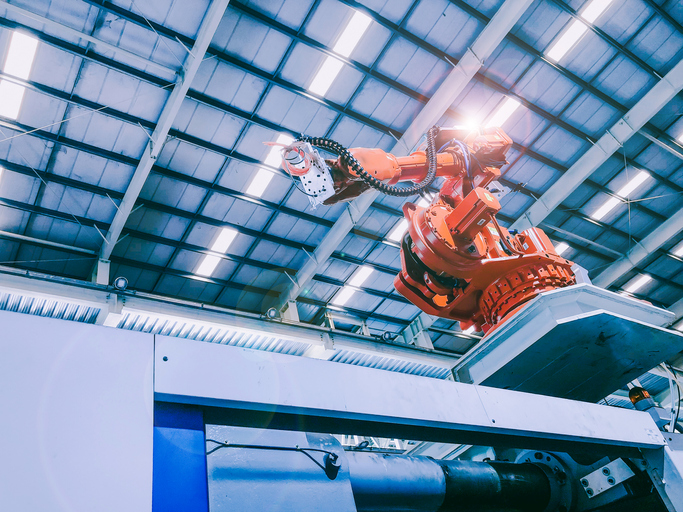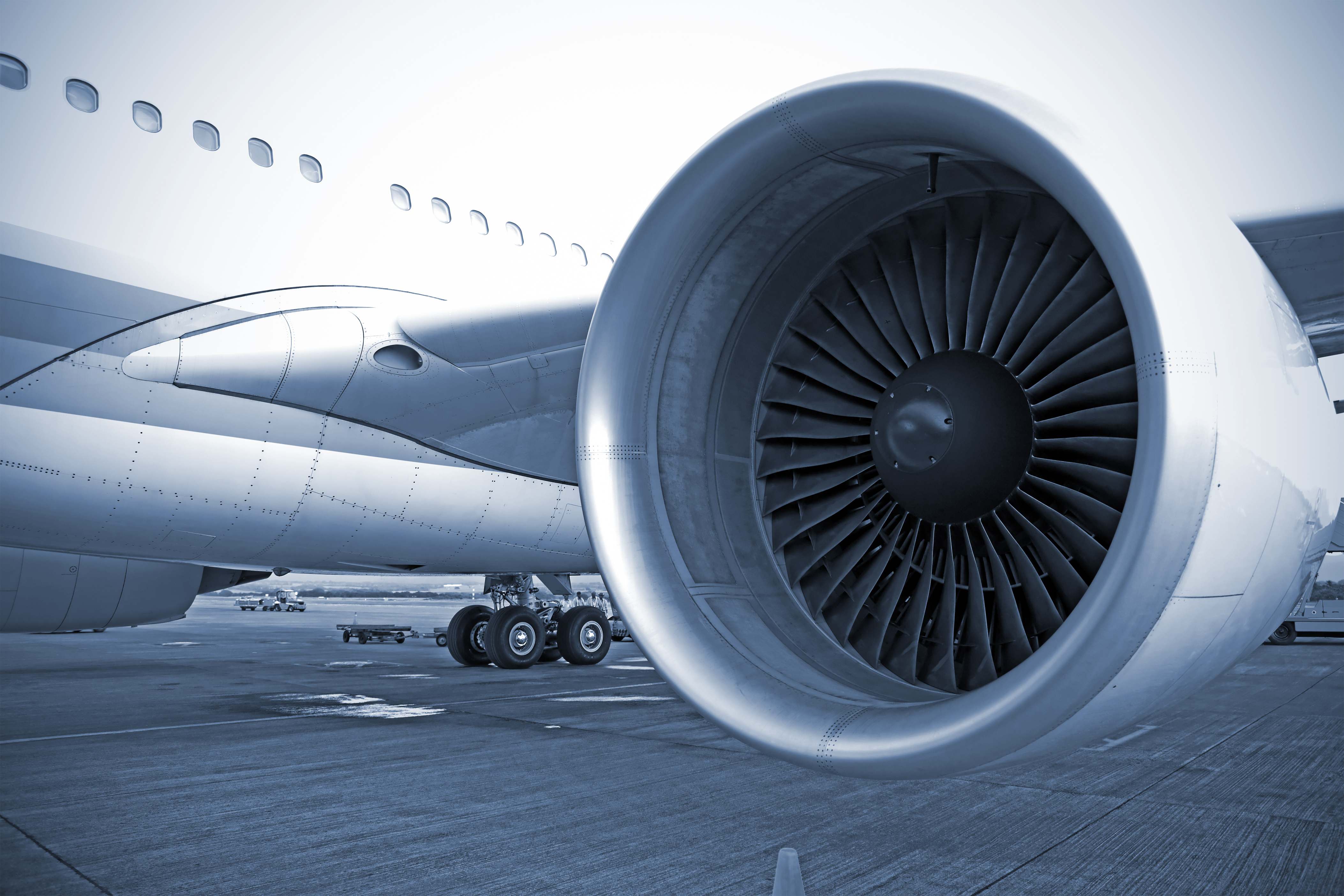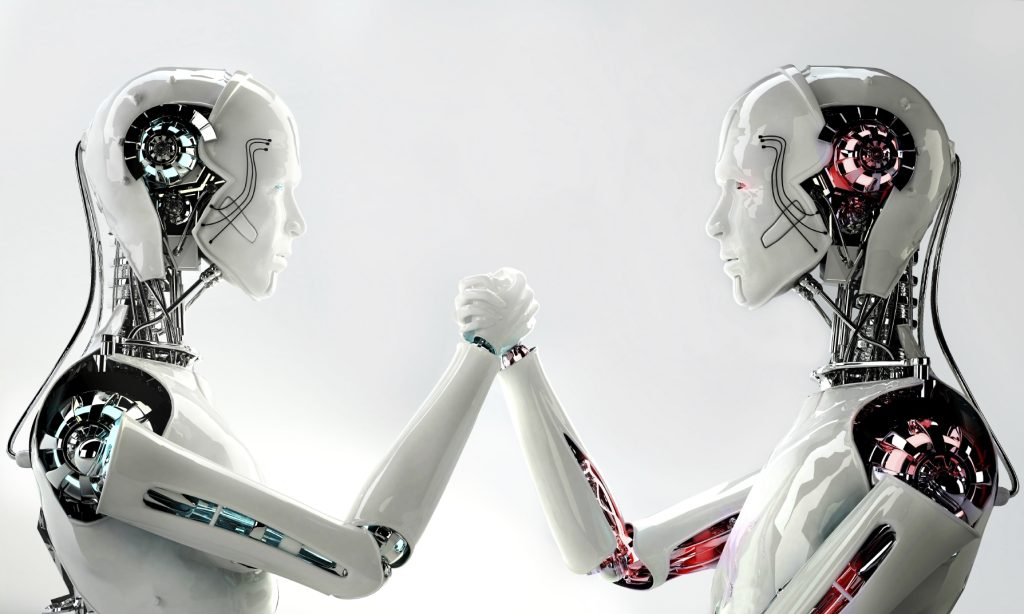The Importance of Robotics for the UK Economy
Robotics are now, more than ever, essential elements in factories and warehouses across the globe. These robots are meant to help humans and work side-by-side with them, not threaten jobs. After all, technological innovation tends to promote economic growth, meaning the outcome of automating more businesses is likely to be more jobs, not fewer.
Robotics in the UK, and especially in this climate of uncertainty (mainly due to Brexit), will play a very important role for the economy, be it in the transportation sector such as railway castings or in aerospace, for instance.
Aerospace
Aerospace casting is thriving in the UK, as with a £34.5 billion turnover last year. Robotics is an integral part of this growth, as the automation they provide allows workers the freedom of focusing on other important aspects of the job, for example.
Just as we explored the Earth by ship and land, we intend to explore space with robotics, as the future of space travel indicates. The UK government pledged budget specifically for the research of robotics, smart energy and artificial intelligence. This funding will help to boost four new robotics technology research hubs in the nuclear energy, offshore wind and UK space sector.
Greater Productivity
According to Juergen Maier, the chief executive of Siemens UK, technologies such as robotics can contribute to a great level of productivity and create highly paid jobs. He goes on to say that:
“the beauty of it is, if we get this right, it doesn’t just drive productivity, but it also means that you’re driving jobs up the value chain, which means that people are getting better paid, so ultimately you raise living standards.”
Since the Industrial Revolution, the real GDP per capita in western Europe grew 15-fold and the hours were reduced by around half. While some jobs were lost, more were created. Although there are still some concerns about whether robots will replace humans, there is no denying that automation boosts productivity and creates jobs.

technology and industry 4.0 revolution concept from high precision robotic system control set up at top of injection machine
Robots at Work
Robotics are extremely useful in a variety of sectors and situations. Examples of robotics in business can be seen from factory floor to nuclear decommissioning, robots can tackle tasks that are repetitive or dangerous to humans. More examples can include bomb disposal and even work in radioactive environments.
Robots will be able to perform jobs after being verbally told by a worker, for example, and will be able to repair each other as well. This ability will make them even more invaluable in the workplace and help to grow businesses and industries.
Within the realm of investment casting, the symbiotic relationship between robotics and manufacturing processes unfolds seamlessly, particularly in the construction of robots. Robotics play a pivotal role in automating various stages of the investment casting cycle, fostering efficiency and precision in the creation of intricate components essential for building robots.
Investing in Robotics
The UK government believes that robotics and AI are crucial for a modern industrial strategy, which will be able to help secure the UK’s place as a global leader and help to boost economic growth.
Robotics have an estimated value at stake of £183.6 billion to the UK economy; this may raise manufacturing GVA in the UK by 21% in the next decade, and may also contribute to a productivity improvement of 22%. It’s fair to say, then, that robotics is just what we need at the moment, especially to propel us further in the global market.
Contact Us
At Dean Group, we’re very interested in seeing how the future of robotics and, indeed, the future of our economy, will grow in the next few years. For information about any of our services, don’t hesitate to contact us, and to learn more about this and other subjects pertaining to manufacturing, browse our blog or check us out on Twitter, LinkedIn and Google+ for our latest news.
Registered in England VAT No: 146307478 Company Registration No: 1062820






